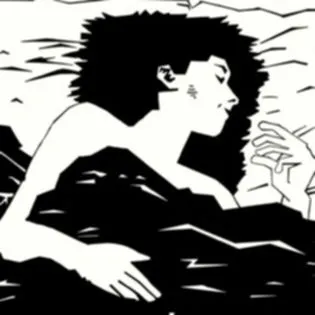<sarcasm>Yes, it’s true: before work was invented everyone lived in their own filth and starved all the time because work hadn’t been invented yet. </sarcasm>
Beyond jokes, my intention here is to clarify what is meant by antiwork. Antiwork does not mean that a world that has abolished work would see people live in filth and starve. In a world that has abolished work, people will still farm, clean, teach, provide medicine, take out fires, et cetera. Antiwork means the revolutionary abolition of the world of work and all that entails: a waged-labor, a division of labor between waged work and house work, alienation, bullshit jobs, a division between leisure and waged work, compulsion to work or starve, et cetera. Some people call this degrowth, others communism, still others anarchy.
So:
What is work?
Work is a lot of things. For starters, it developed historically from feudal times and had since evolved in its current form in the capitalist mode of production. Within the context of the capitalist mode of production work is waged-labor or reproductive (or house) work and is defined by divisions and alienations. These include a division of labor between waged work and house work, alienation, a division between leisure and waged work, and a compulsion to work or starve. That last one is important. Working people today are free to not work, or starve. This is the freedom that work grants us.
Will people starve and live in filth?
No. Antiwork does not mean that a world that has abolished work would see people live in filth and starve. In a world that has abolished work, people will still farm, clean, teach, provide medicine, take out fires, et cetera.
Will people be bored without work?
I think it’s more accurate to say people will be bored by work. A world that has abolished work will still see people that keep themselves busy. Historically speaking, during the Age of Enlightenment, it was the leisure class that didn’t do work that was able to make all sorts of exciting and revolutionary ideas about science and art. They won the right to not work because they were privileged due to their wealth. If everyone was able to free themselves from the drudgery of work, what wonders could they achieve?
I expect this post to be a sort of living document. Please feel free to ask questions and I’ll try to answer it in the post. ___


That’s a hard question to answer in short, I will try my best to not waste your time.
I’m going to assume you know the flaws of the system in which we live, so as to
not give you a wall of textgive you less of a wall of text.In short, right now is not a good time to answer that, kind of like trying to prepare for a future (uncertain) update in software, you’ll most likely find yourself in different condition than the ones you were expecting, making the work you did obsolete.
Instead, we should lay the groundwork for solutions by building community, unionizing, and just trying to make our own material conditions, in which, the “kind” of solutions we’d like to see could be invented.
This answer is kinda “in order to bake an apple pie, you need to invent the universe”, but this is not to say that this is a bad question.
We could look to the past, in order to see how other societies faced with this and try to learn why and what can be improved, but we should not be too early to answer this just yet.
Hope this answer isn’t unsatisfying, took me a few tries to get it as short as it is now.